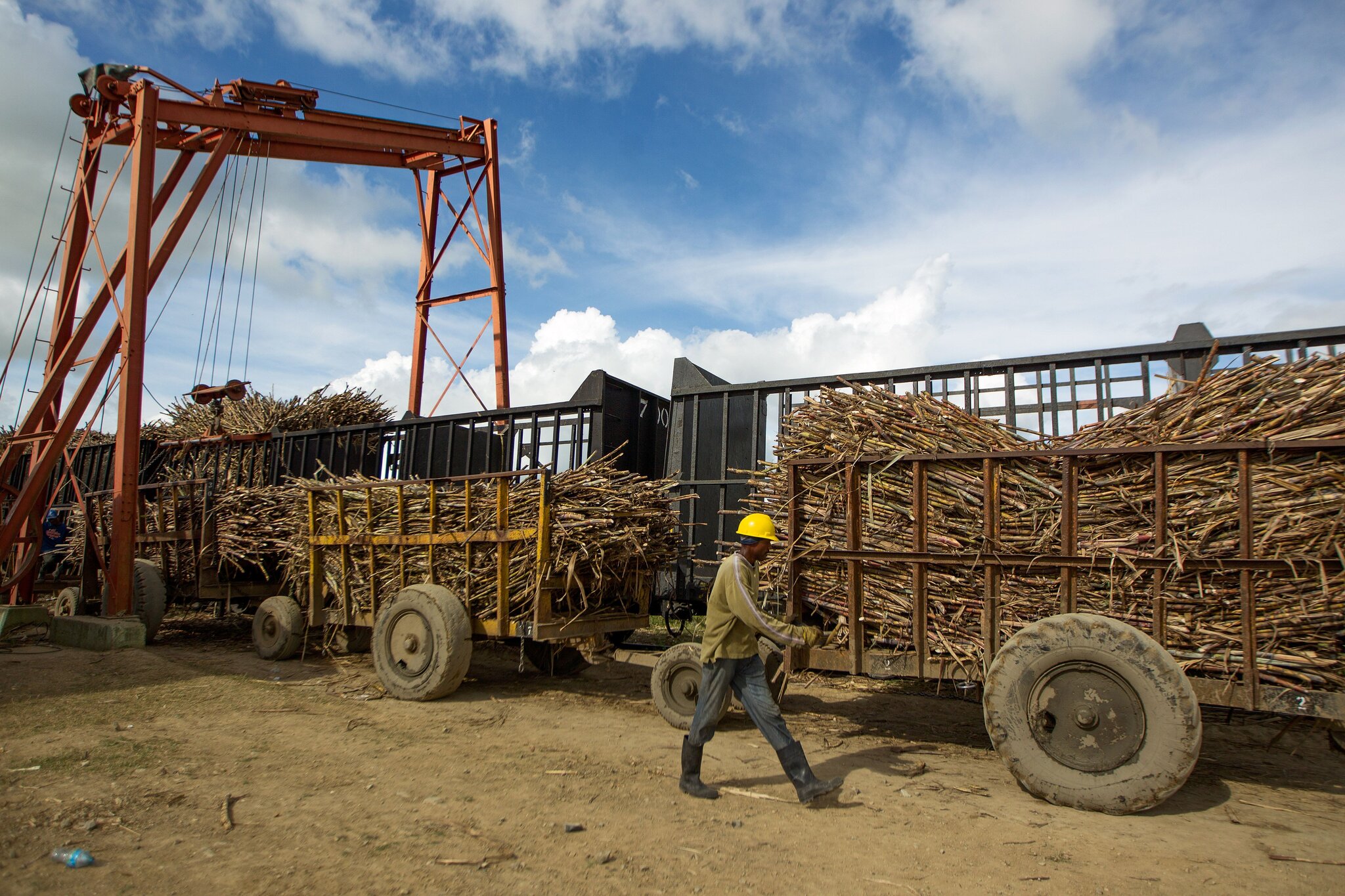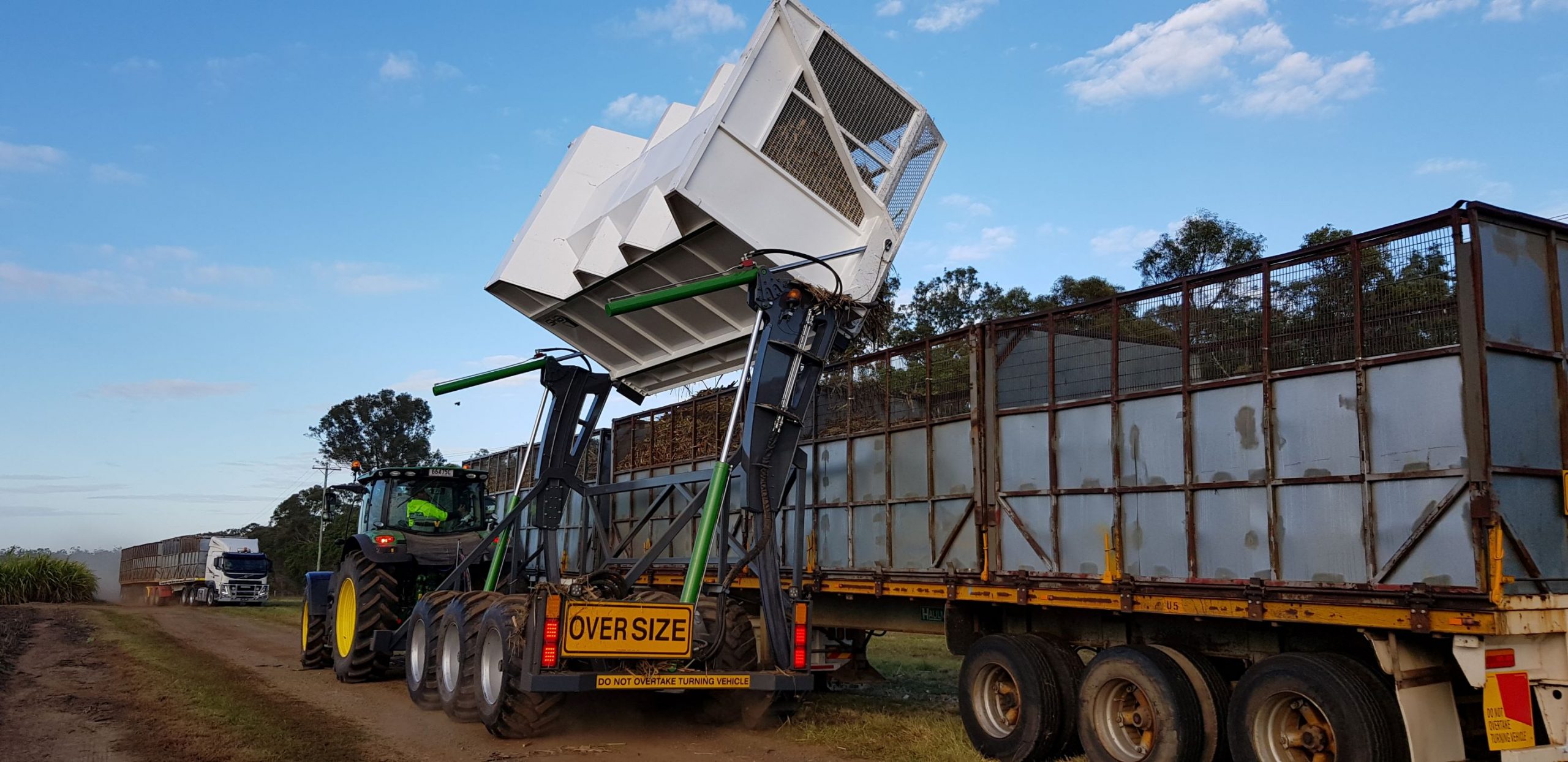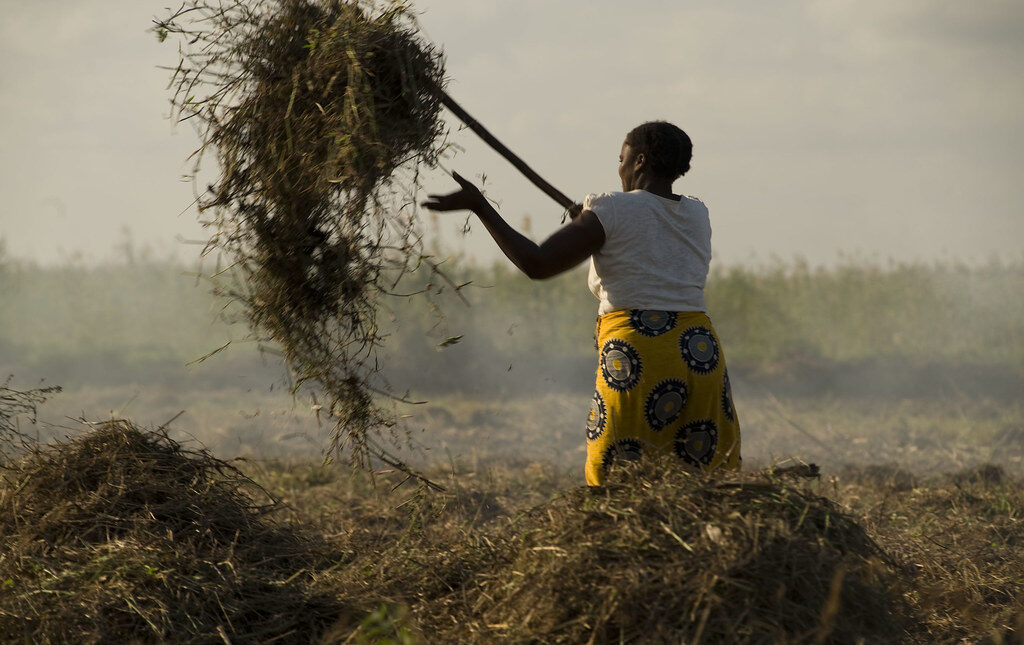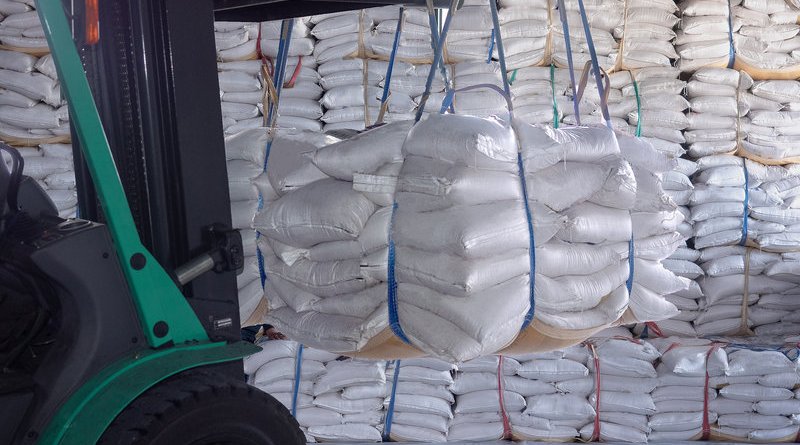US bans sugar imports from major Dominican producer
According to US authorities, sugar produced in the Dominican Republic by Central Romana will not be allowed into the US because there may have been forced labor taking place there.
In a statement released that day, US Customs and Border Protection (CBP) announced that starting on Wednesday, all US ports of entry will detain the company’s raw sugar and sugar-based goods due to “inhumane procedures.”
According to its website, Central Romana is the Dominican Republic’s top sugar producer.
According to the CBP statement, the choice to forbid its sugar was made “based on information that reasonably indicates the use of forced labor in its operations.”
Due to concerns about forced labor, the US bans sugar imports from the largest Dominican producer.
In its report, CBP noted that throughout its inquiry, “CBP identified five of the International Labour Organization’s eleven signs of forced labor: abuse of vulnerability, isolation, withholding of wages, harsh working and living conditions, and excessive overtime.”
Central Romana issued a message on Twitter expressing “deep worry” about the action.
The corporation added that it had invested “millions” to enhance living and working circumstances, “guaranteeing livable wages and additional benefits,” and providing educational and training opportunities, saying “the rationale behind this action does not match the principles and practices of Central Romana.”
According to the company website, the 1912-founded business also works in a variety of other areas, such as real estate, airport and port operations, and meat and dairy manufacturing.
For a number of years, US authorities have been looking into labor problems in the sugar business in the Dominican Republic.
The US Department of Labor stated in a statement released on September 13 that “while the country’s Ministry of Labor and sugar companies have made significant progress, concerns remain about dangerous working conditions, verification of pay and hours, unsuitable living conditions, workers’ precarious legal status, and other potential labor rights abuses.”
In the same month, the department expanded its list of products made with child labor or forced labor to include sugarcane from the Dominican Republic.
According to the CBP announcement, Wednesday’s order “demonstrates CBP’s commitment to uphold human rights and international labor standards and to foster a fair and competitive global marketplace.”
The sugar industry in the Caribbean island has always relied on laborers from neighboring Haiti. Due to an increase in xenophobia, the Dominican Republic has intensified attempts to remove unauthorized Haitian migrants in recent years.






